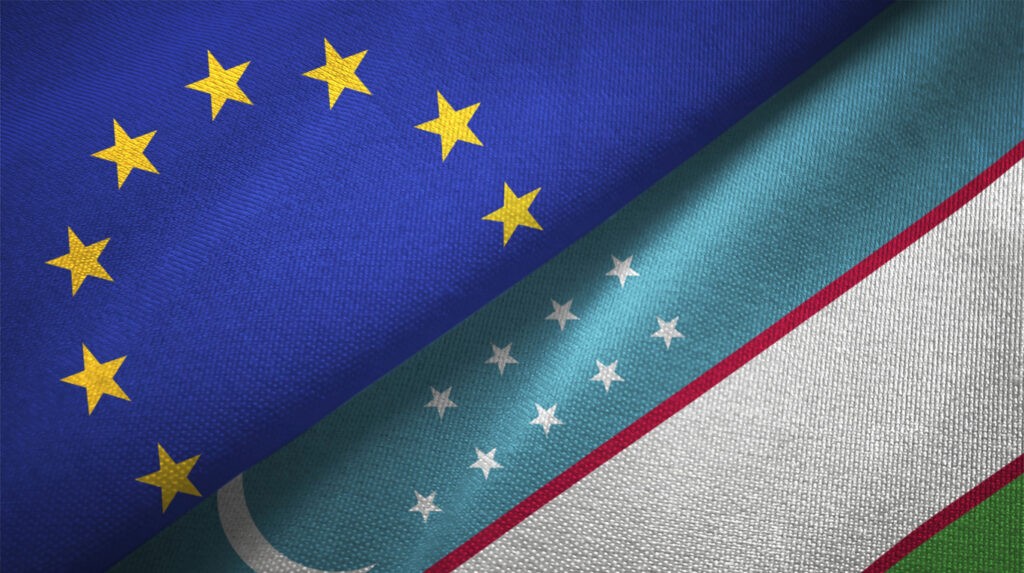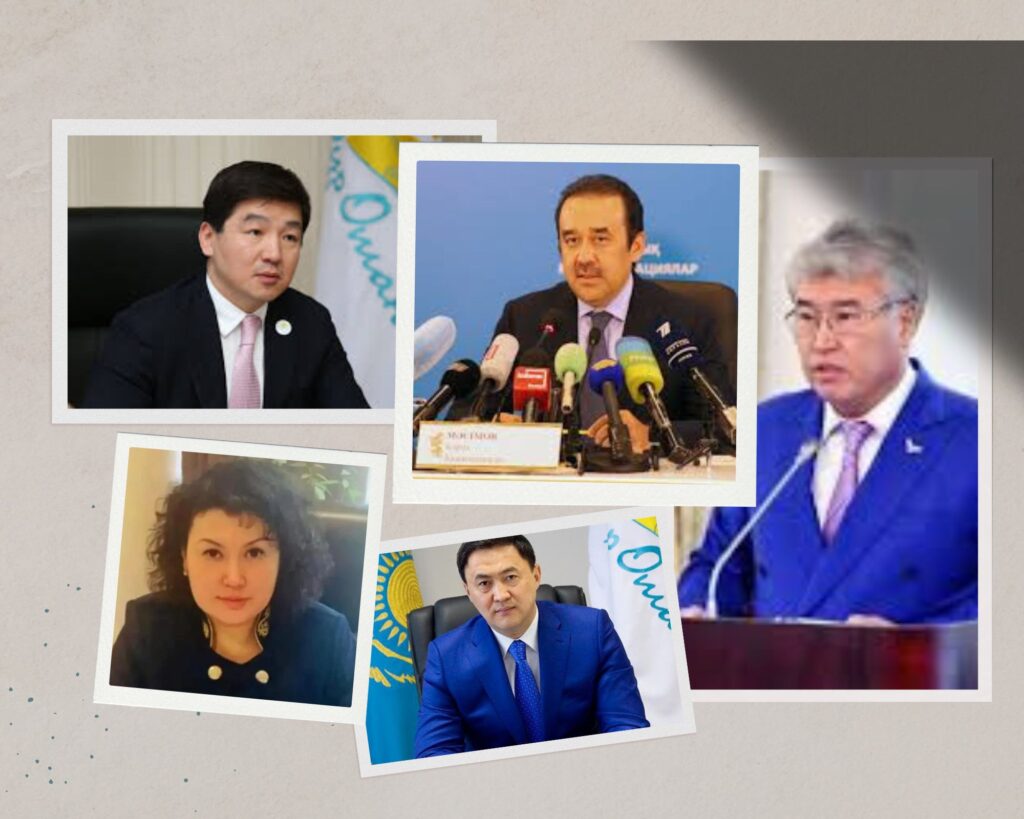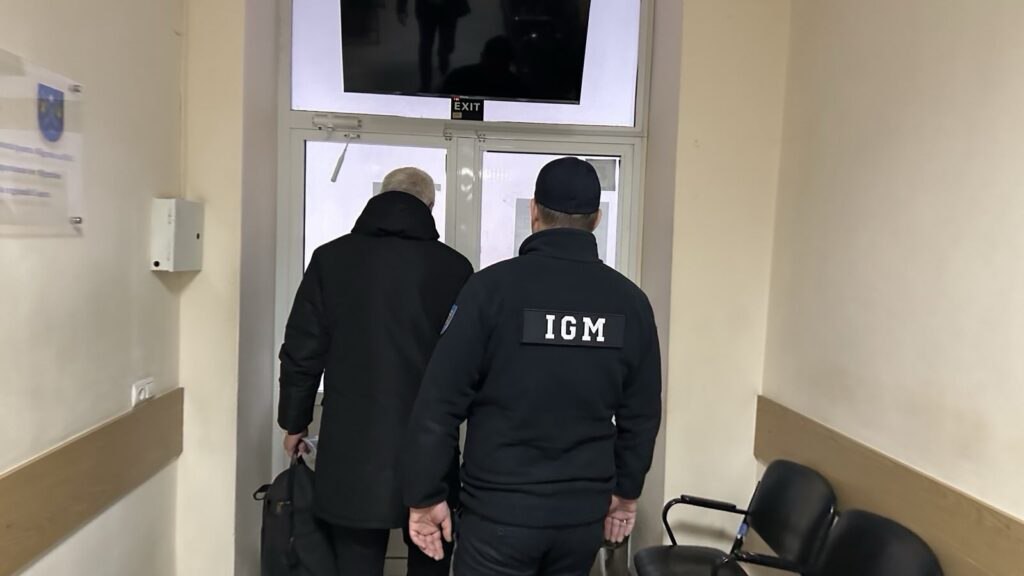BISHKEK (TCA) — The project “Strengthen Prevention and Combating of Corruption in the Kyrgyz Republic” will be officially launched in Bishkek on March 9 with the participation of the Council of Europe and prominent representatives of the main beneficiary institutions in Kyrgyzstan. On this occasion, the project will be introduced to the stakeholders, including government institutions and civil society, the Delegation of the European Union to the Kyrgyz Republic said.
The project will last for 24 months with a total budget of EUR 555,556. The project is co-financed by the European Union and the Council of Europe, and implemented by the Economic Crime and Cooperation Division of the Council of Europe.
As recognized by the authorities and pointed in several country reports, corruption presents a challenge to the effective rule of law in Kyrgyzstan. The project therefore aims to support authorities in remedying the current situation by strengthening legislative and institutional capacities to prevent and fight corruption, thereby contributing to overall strengthening of rule of law and democracy in the country.
The main beneficiary institutions include authorities with competences over anti-corruption matters in the Kyrgyz Republic: the General Prosecution Office, the Defence Council working groups and its secretariat, the Office of the Government, the Ministry of Justice, the State Personnel Service, the State Service on Fighting Economic Crimes, the Anti-corruption Service of State Committee of National Security, and the Parliamentary Committee on the rule of law, combat crime and anti-corruption.
The project’s activities will include:
– trainings on mutual legal assistance; work on mechanisms of corruption proofing, including legislation revision; and assistance on whistle-blowers protection;
– revision of anti-corruption strategies, development of guidance in institutional policy coordination and elaboration of a corruption measurement methodology at the national level;
– capacity building and skills for the members of judiciary, prosecutorial and law enforcement agencies to efficiently investigate and adjudicate corruption and economic crime related cases;
– increasing the public awareness on factors leading to and risks and consequences of corruption.









